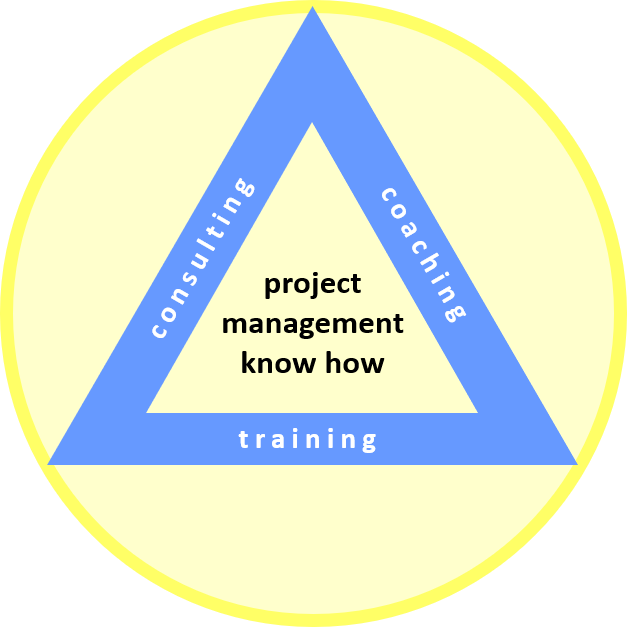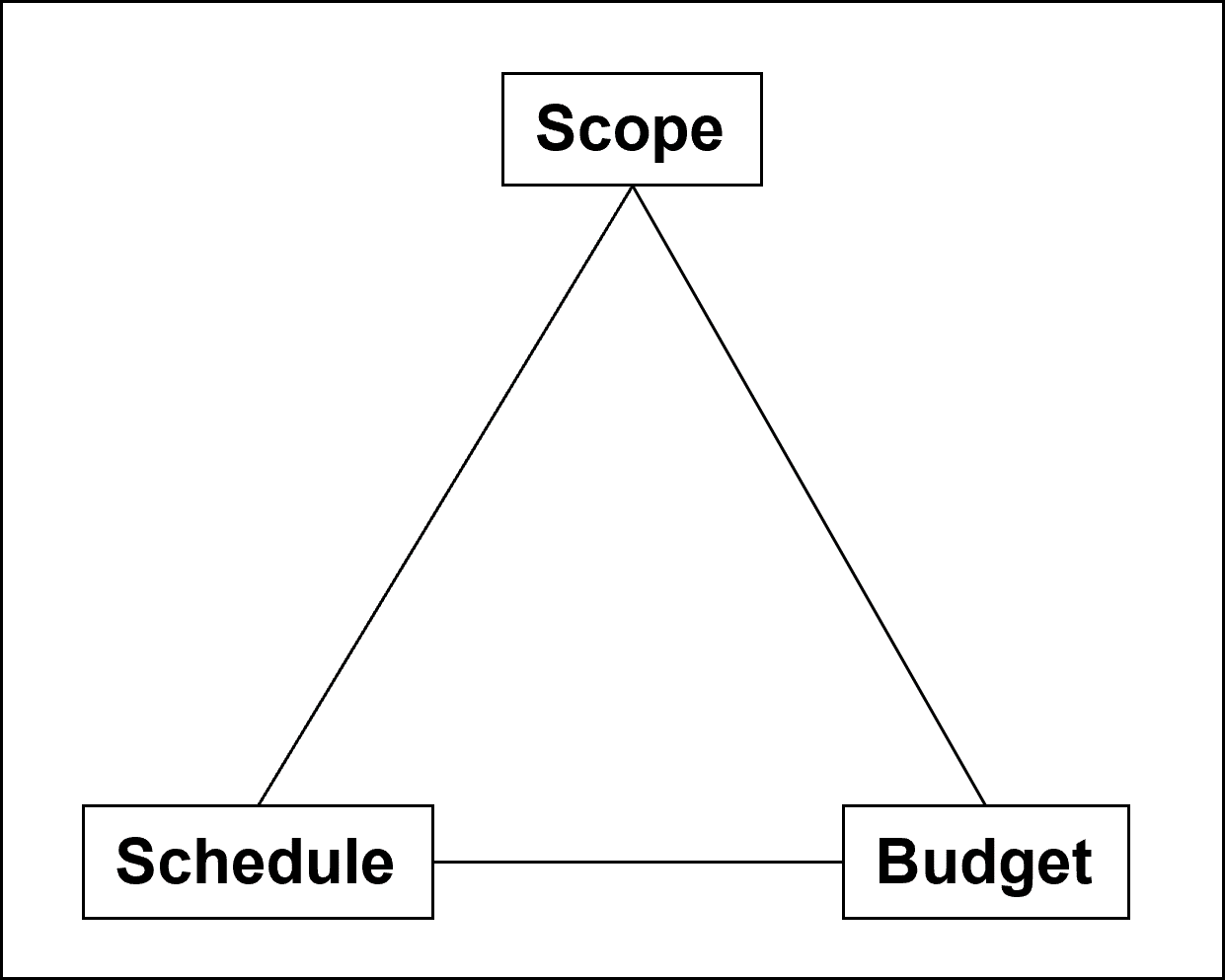- Home
- Fundamentals
- What Is a Project
What Is a Project?
Published: 2009-03-08
Last updated: 2022-03-19
What is a project? ... Here is what we find in Webster's New Collegiate Dictionary.
"Project:
- a specific plan or design
- (obsolete) idea
- a planned undertaking
- a definitely formulated piece of research
- a large usually government-supported undertaking
- a task or problem engaged in usually by a group of students to supplement and apply classroom studies
- a group of houses or apartments built and arranged according to a single plan
Taking this definition, it surprises us why we still encounter so many projects that do not have sufficient plans, sometimes none at all. However, definitions 3 and 4 indicate that a project is a planned undertaking.
Let us see what we find in a more business-oriented context: what is a project?
Definition of "Project"
"A project is a temporary endeavor undertaken to create a unique product, service, or result",
quoted from Project Management Institute (PMI): A Guide to the Project Management Body of Knowledge, Third Edition (PMBoK® Guide), 2004.
"A project is a time and cost constrained operation to realize a set of defined deliverables (the scope to fulfill the project's objectives) up to quality standards and requirements",
quoted from International Project Management Association (IPMA): IPMA Competence Baseline, Version 3.0 (ICB 3.0), 2006.
These quotes give us the answer to our question: what is a project? A project is an endeavor
- that produces a clearly specified product, service, or result
- in a limited period of time
- within a limited budget.
We consider this being virtually the same as the definition we are using throughout this web site: a project is an endeavor unique in scope, schedule, and budget.
After answering the question, what is a project, we ask: What is project management? ... We try again Webster's New Collegiate Dictionary. First, we look up the term "management" and find
"Management:
- the act or art of managing: the conducting or supervising of something (as a business)
- judicious use of means to accomplish an end
- (...)
- (...)"
Then, we combine this with the definition of the term "project" and obtain: "Project management" is conducting or supervising a project, by judicious use of means to accomplish an end of that project. This definition comes quite close to what we find in a more business-oriented context.
Definition of "Project Management"
"Project management is the application of knowledge, skills, tools and techniques to project activities to meet project requirements",
quoted from PMI: PMBoK® Guide, Third Edition, 2004.
The PMBoK® Guide gives us then a process-oriented view of project management:
initiating – planning – executing / monitoring / controlling – closing
On this web site, we define project management - in a similar way - as a process that consists of 4 basic process phases. These four phases are:
- definition phase
- planning phase
- implementation phase
- closure phase
Coming back to our opening question: what is a project? – Here is our example: The initial construction of this web site is a project.
Scope:
Construct a web site around the subject "Project Management Know-how" that explains the basics of project management, offers tools, templates, information, and tips for successful project management, with at least 75 major elements (i.e. pages, white papers, templates, demos).
Schedule:
Project start date is January 01, 2009; project completion date is August 31, 2009.
"Budget":
under 600 working hours.
Current Status, as of July 27, 2009:
Scope: 52 elements complete
Schedule: planned value PV = 504, earned value EV = 416;
Budget: actual cost AC = 380;
SPI = EV/PV = 0.83
CPI = EV/AC = 1.09
Current Status, as of August 09, 2009:
Scope: 61 elements complete
Schedule: planned value PV = 540, earned value EV = 488;
Budget: actual cost AC = 446;
SPI = EV/PV = 0.90
CPI = EV/AC = 1.09
Current Status, as of September 03, 2009:
Scope: 61 elements complete
Schedule: planned value PV = 600, earned value EV = 488;
Budget: actual cost AC = 450;
SPI = EV/PV = 0.81
CPI = EV/AC = 1.08
Remark: Due to an additional, unplanned two-week assignment
in August I had to interrupt work on this site. Therefore, I
provided Extension of Time (EOT) by two months.
New completion date: October 31, 2009.
Final Status Report, as of October 31, 2009:
Scope: 75 elements complete
Schedule: planned value PV = 600, earned value EV = 600;
Budget: actual cost AC = 635;
SPI = EV/PV = 1.00
CPI = EV/AC = 0.94
Remark: Upon providing an Extension of Time (EOT) by two months, I change
the schedule baseline. Thus, I created a new reference for the
completion date. But I left the "budget" of 600 hours unchanged since
I only interrupted my work. That does not automatically justify an additional effort or budget.
Project "Initial Construction of this Web Site" is complete.
35+ templates, tools, and checklists in one set
To save you time in your daily work as a project manager, I packaged more than 35 project management templates, tools, and checklists into one zip file.
- You un-zip it, and you get all items in formats you can edit to your requirements.
- They strictly contain only standard functionality and no macros or other code.
- You are allowed to use your logo.
or click here for more info.
Traditional PM
Learning Path Navigation
|
|
|
Return from What Is a Project to Home Page
|
|
|




Your Comments
Have your say about what you just read! Leave me a comment in the box below.